Exploring Eco-Friendly & Sustainable Wine Practices 2024: A Comprehensive Guide
In 2024, the wine industry is stepping up its game with eco-friendly and sustainable practices. Winemakers are focusing on saving water, cutting emissions, and caring for the land. This article dives into these trends, spotlighting Jackson Family Wines and their green efforts.
Introduction to Sustainable Winemaking
Sustainable winemaking isn’t just about crafting tasty wine—it’s about doing it right for the planet. Think less water waste, cleaner energy, and healthier soil. I’ve seen vineyards transform over the years, and it’s inspiring. Today, it’s all about balance: great wine now, thriving earth later. Why does this matter? Because every sip should feel good, inside and out.
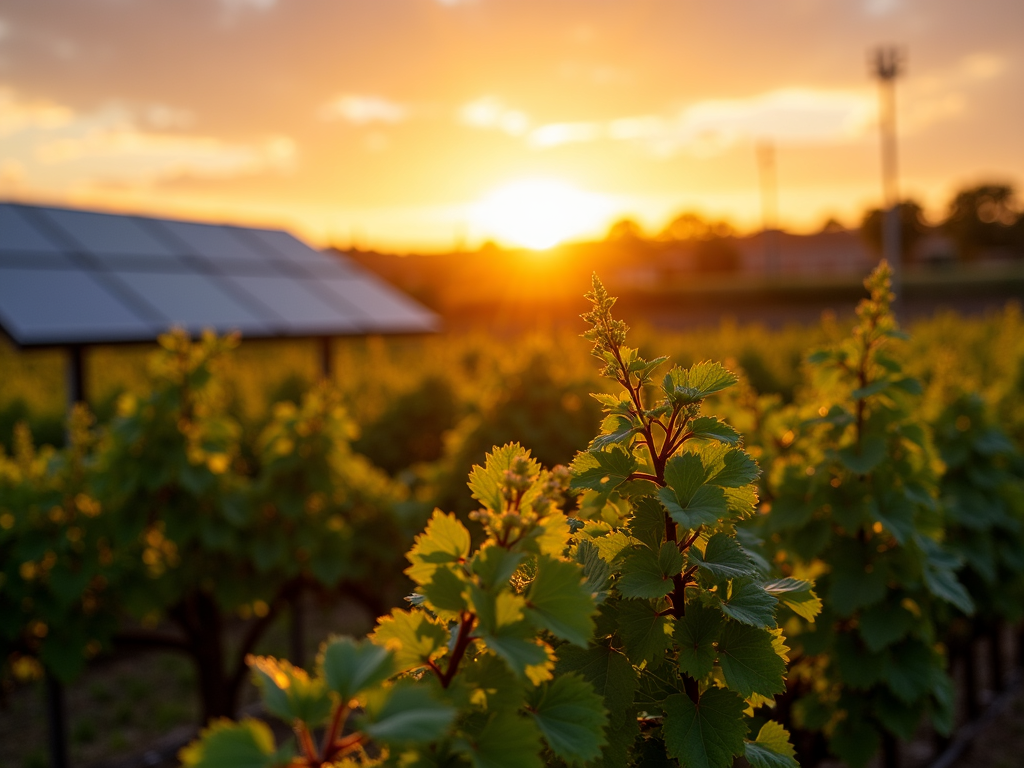
Water Conservation Techniques in Modern Winemaking
Water is gold in winemaking, and smart vintners are saving every drop. Drip irrigation is a game-changer—it delivers water straight to the roots, no waste. Rainwater harvesting is picking up too; I’ve watched tanks fill up during storms, ready for dry days. These methods cut usage by up to 50% in some places, and the grapes? They’re still top-notch.
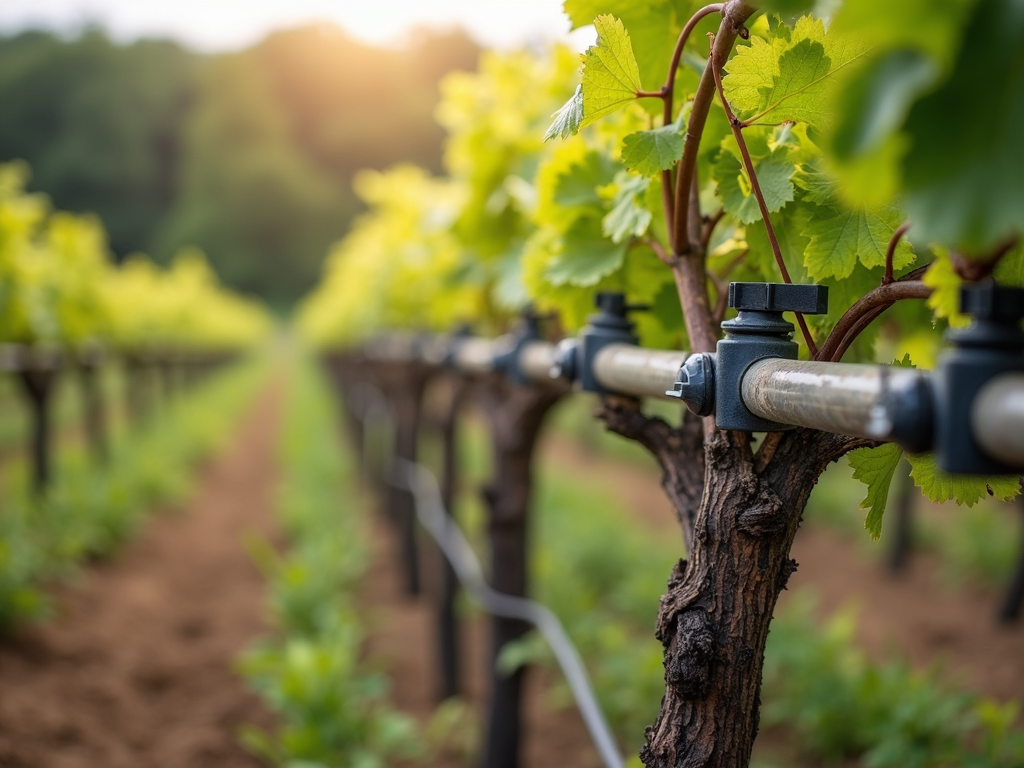
Here’s a quick look at popular water-saving tricks:
- Drip Irrigation: Precise water delivery, less evaporation.
- Rainwater Harvesting: Free water from the sky, stored for later.
- Soil Sensors: Tech that tells you exactly when to water.
These aren’t just ideas—they’re working today, and they’re spreading fast.
Jackson Family Wines: Inside Their Sustainability Journey
Jackson Family Wines is the real deal when it comes to going green. I’ve followed their story for years, and they’ve been at it since the ‘90s. Solar panels power their cellars—over 50% of their energy comes from the sun. Water-wise, they recycle and reuse like champs. Their goal? Leave the land better than they found it. It’s not talk; it’s action.
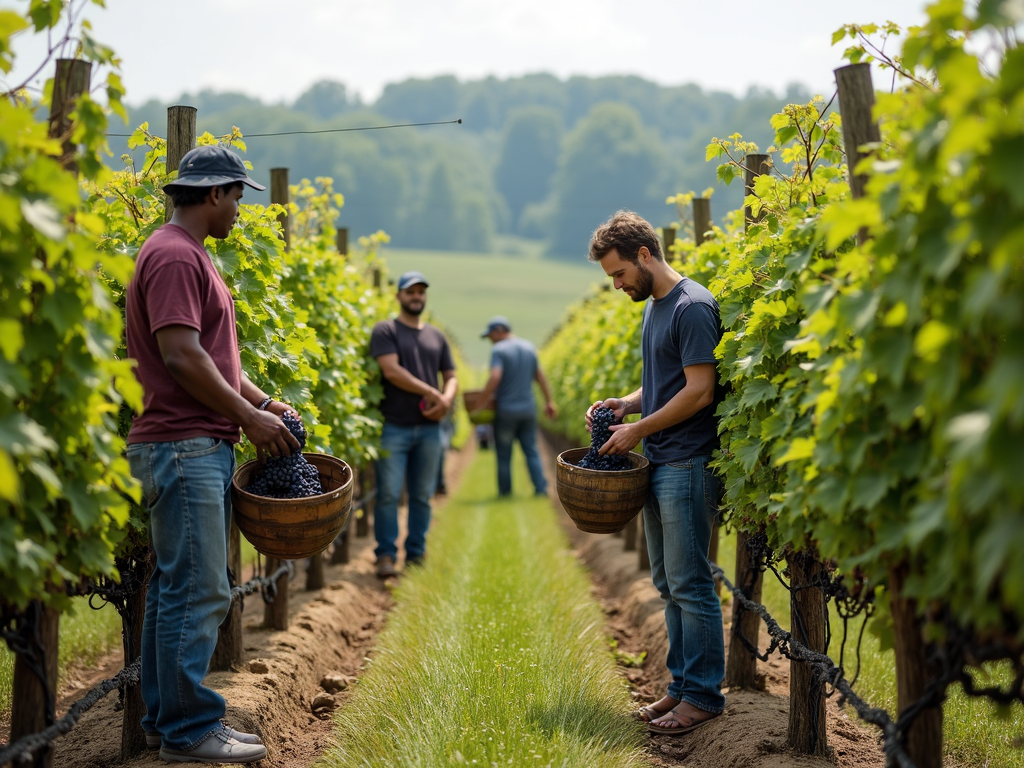
They’ve got numbers to back it up:
| Practice | Impact |
|---|---|
| Solar Energy | 6,000+ solar panels installed |
| Water Recycling | 25 million gallons saved yearly |
| Lightweight Bottles | 13% less glass per bottle |
That’s leadership you can taste.
The Impact of Eco-Friendly Vineyards
Eco-friendly vineyards are a win-win. Organic farming skips the chemicals, letting the soil breathe. Biodynamic methods—think planting by the moon—boost grape quality. I’ve walked these fields; the air feels cleaner, the vines look happier. Plus, wildlife thrives—birds, bees, you name it. Better grapes, better wine, better world.
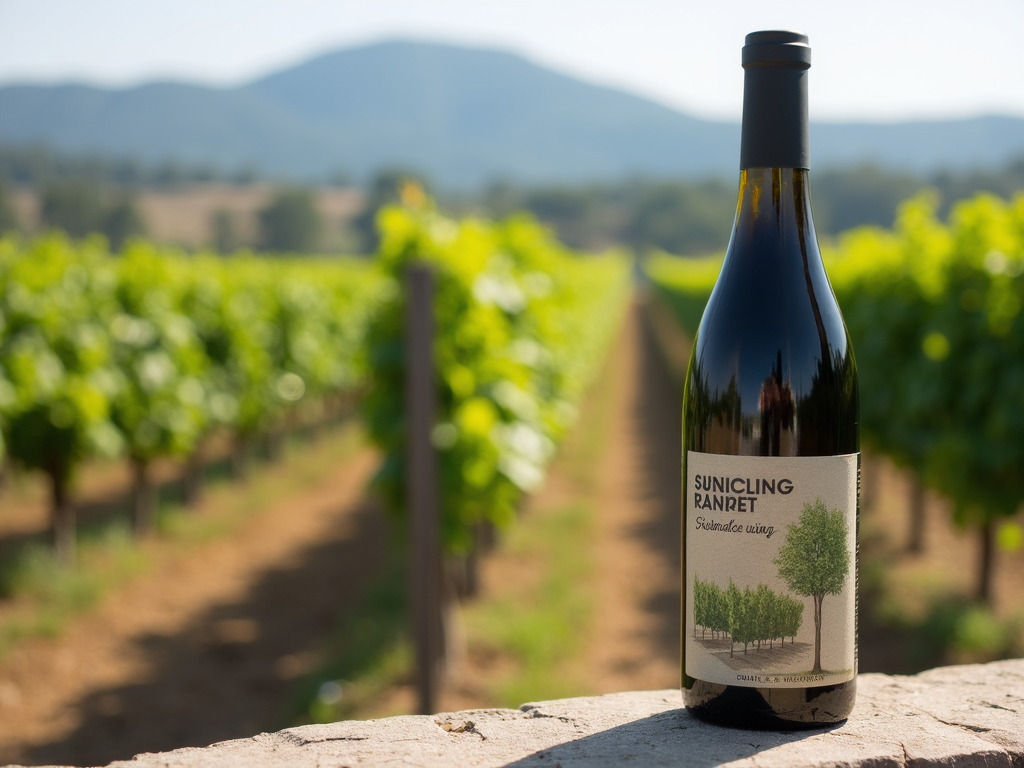
Studies show organic vineyards can cut pesticide use by 90%. That’s huge. And the wine? It’s got soul—pure, earthy flavors that chemicals can’t fake. Consumers notice too; sales of sustainable wines are climbing every year.
Sustainable Practices at Jackson Family Wines
Jackson Family Wines doesn’t mess around with sustainability. Beyond solar and water, they’re big on biodiversity—planting cover crops to keep soil rich. They’ve slashed their carbon footprint with electric tractors. I’ve seen their teams in action; everyone’s on board, from vineyard to bottle. It’s a model others can copy.
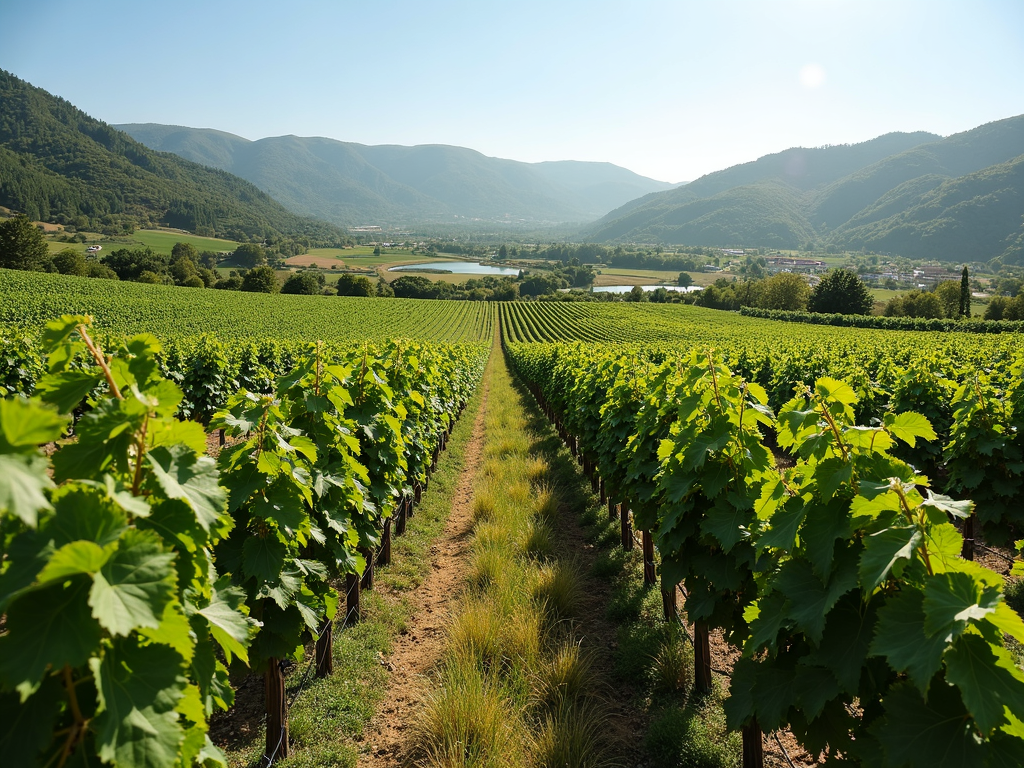
What sets them apart?
- Renewable Energy: Solar and wind keep things humming.
- Biodiversity: Cover crops and wildlife corridors.
- Waste Reduction: Compost and recycle everything.
It’s practical stuff that adds up.
In wrapping up, 2024 is a big year for green winemaking. Water conservation, renewable energy, and eco-friendly vineyards are leading the charge. Jackson Family Wines shows how it’s done—real steps, real results. The future? It’s looking bright, sustainable, and delicious.